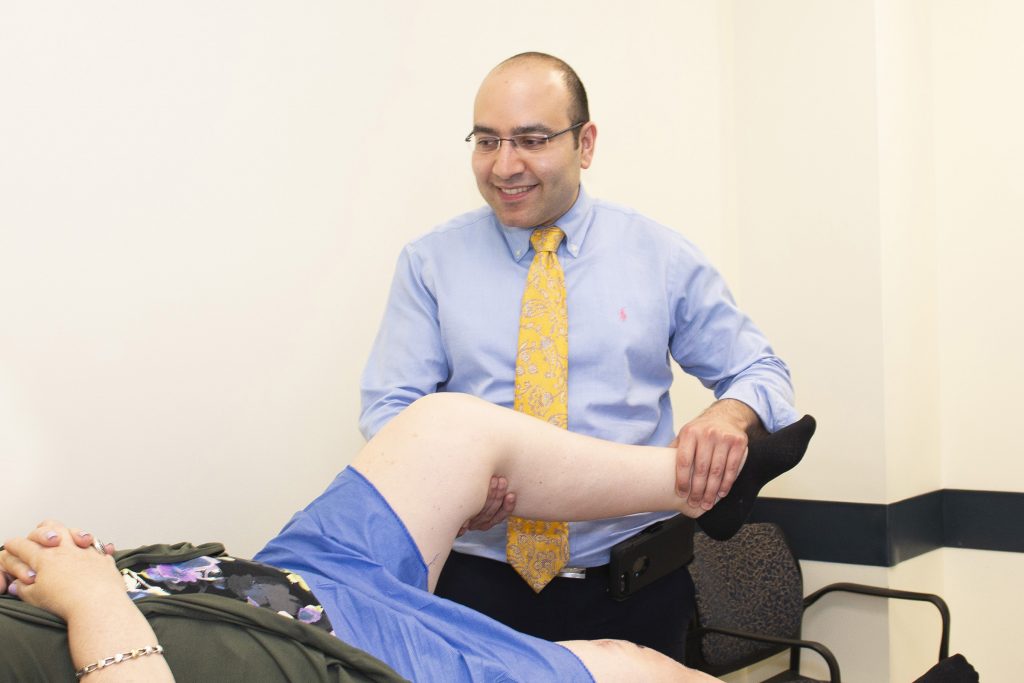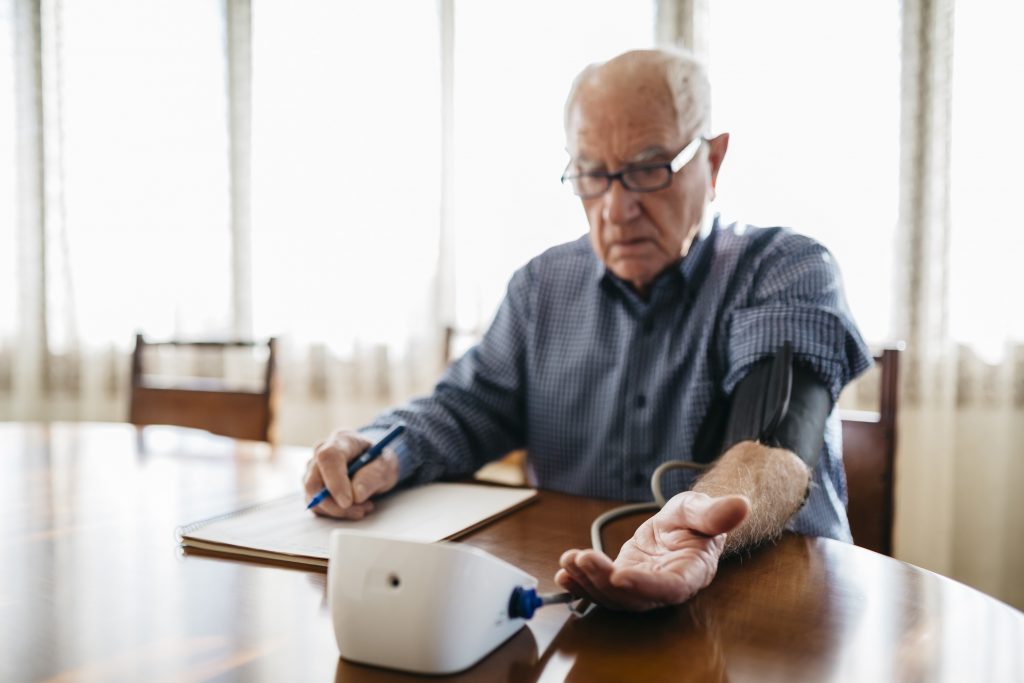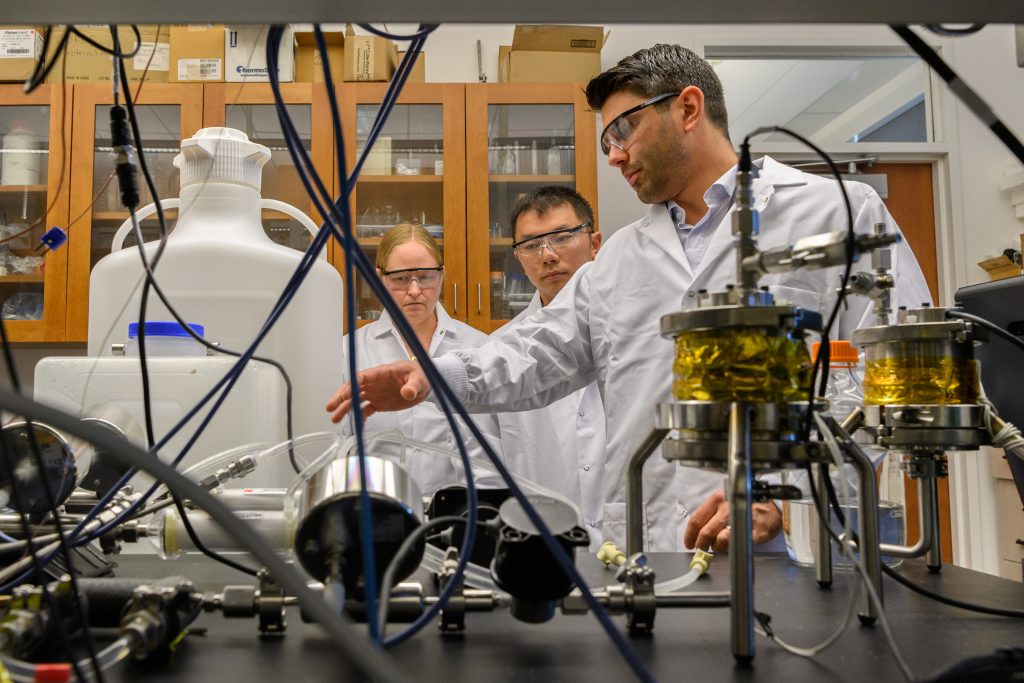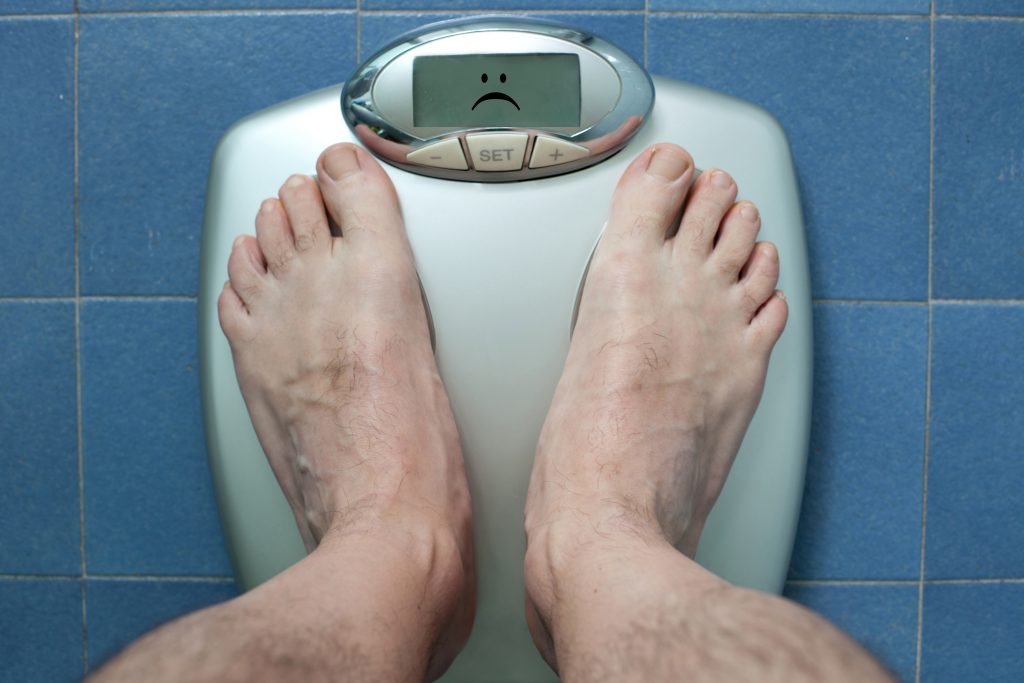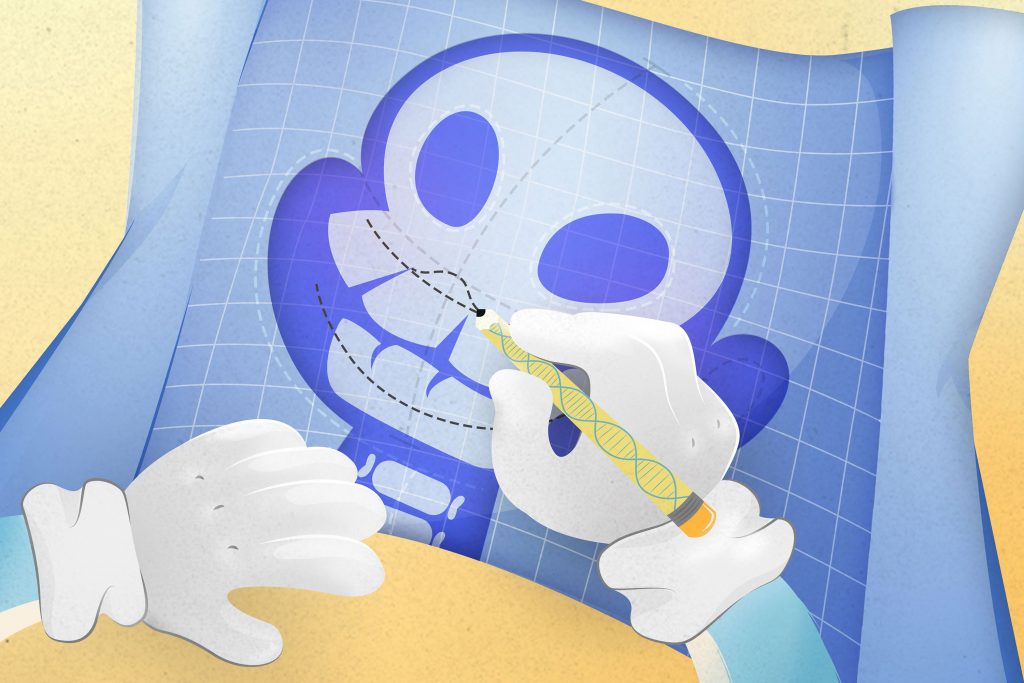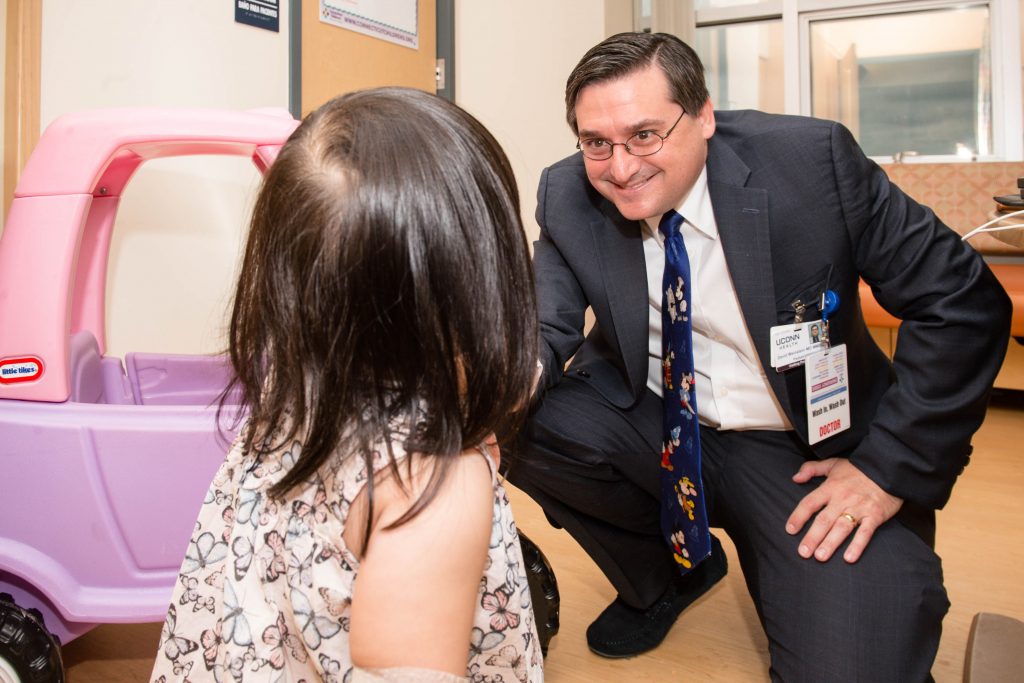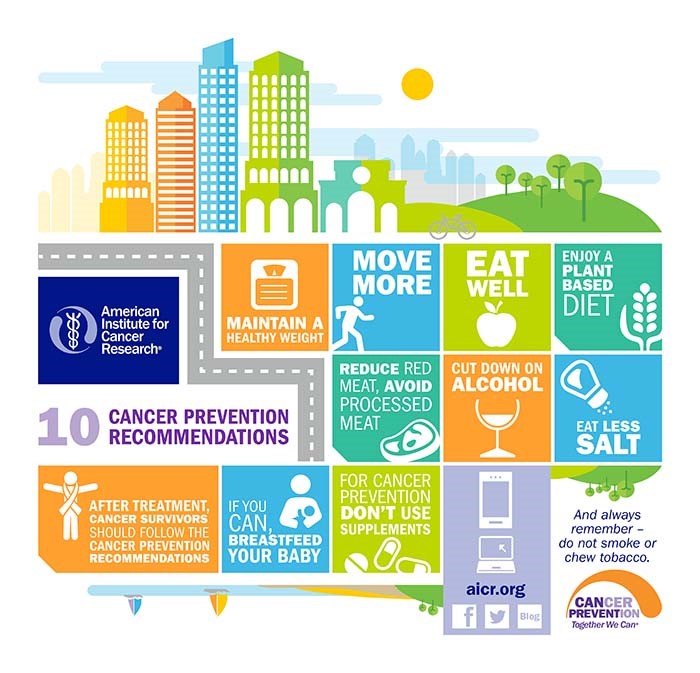Health & Well-Being
For Anxiety, Single Intervention Is Not Enough
'We need a different model for mental health, one that includes regular checkups,' says UConn Health psychologist Golda Ginsburg.
May 30, 2018 | Kim Krieger
Next Up: Same-Day Hip or Knee Replacement
New surgical techniques, streamlined after-care, and close coordination among care providers have enabled many UConn Health joint replacement patients to go home within 24 hours, and some even the same day.
May 24, 2018 | Lauren Woods
Improving Heart Health Could Prevent Frailty in Old Age
Many think frailty is an inevitable consequence of aging, but a new study found that severe frailty was far less likely in those with low heart disease risk factors.
May 21, 2018 | Combined Reports
UConn Researchers Lead National Effort to Improve Drug Manufacturing
Researchers in the School of Pharmacy are adapting the techniques of continuous manufacturing used in the electronics, chemical, and automobile industries to the production of complex drugs.
May 17, 2018 | Colin Poitras
MDMA Opens Door for PTSD Patients to Work Through Trauma
UConn Health is one of a dozen sites in the nation to host a phase three clinical trial of MDMA-assisted psychotherapy.
May 15, 2018 | Kim Krieger
Perched on a Plateau: Why Today’s Rapid Weight Loss Diets Always Seem to Fail
Professor of pharmacy practice C. Michael White discusses what happens when you diet too hard, and suggests a more sustainable approach to losing weight.
May 14, 2018 | Colin Poitras
Blueprint for the Skull
A new UConn Health study has found that cleft palate is caused by a disruption of the regulatory pieces of DNA.
May 1, 2018 | Kim Krieger
UConn Health, Connecticut Children’s, to Host First Gene Therapy Trial for GSD
The trial will test a gene therapy developed by Dr. David Weinstein that is designed to improve glucose control by replacing the deficient enzyme in a patient’s liver.
April 26, 2018 | Lauren Woods
Achieving a Healthier You After Breast Cancer
To prevent cancer, 'We must return to basics and follow a daily prescription of a healthy diet and exercise,' says UConn Health's Dr. Susan Tannenbaum.
April 26, 2018 | Lauren Woods
Men May Experience Weight Stigma as Much as Women
A new study by the UConn Rudd Center finds that a significant portion of adult American men report being mistreated about their weight.
April 24, 2018 | Daniel P. Jones, UConn Rudd Center

